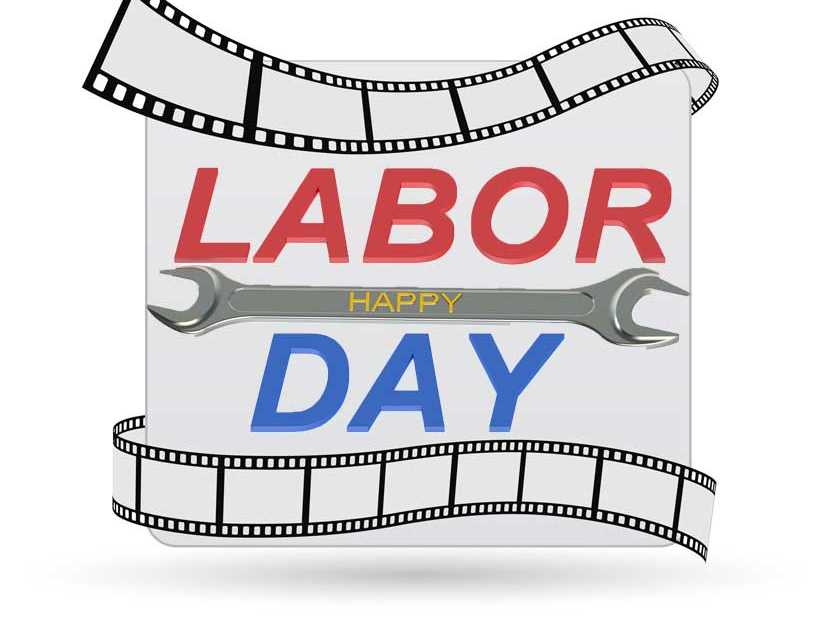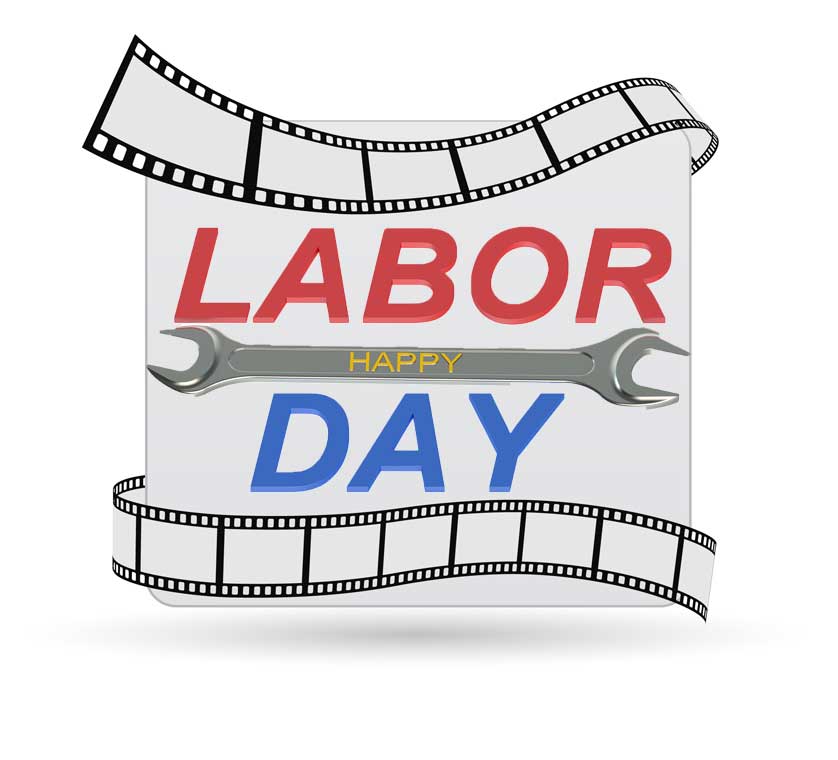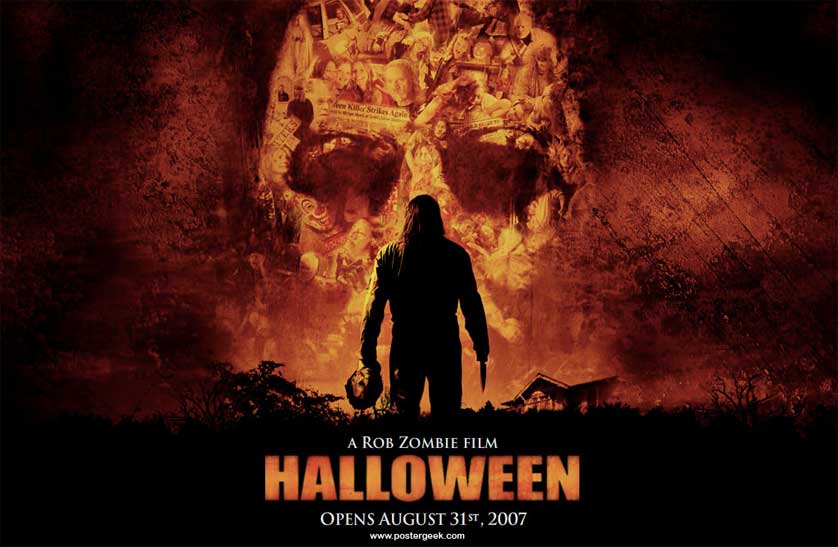
Why Labor Day is the Worst Weekend for Movies

Labor Day weekend seems to be the weekend where movies go to fail.
When it comes to holiday weekends, it seems that Labor Day is the worst…at least when it comes to movies. Out of all of the holiday weekends, Labor Day is the weekend where films get trapped in a low-income abyss. In fact profits are so low for films that no film has ever had a Labor Day weekend release above $60 million. The highest grossing film of all time during that weekend was 2007’s “Halloween” which pulled in $58.3 million according to Box Office Mojo.
So why is it that Labor Day film releases do so bad? Well, there are a variety of reasons for the film failures associated with this poor performing weekend. Some of the reasons are due to history, others are due to lack of faith, and a majority of the reasons just come down to timing. So let’s explore a few of these reasons.
The History of Labor Day Releases
There are a number of films that have reinforced the poor results of Labor Day box office weekends. As previously stated, Rob Zombie’s remake of “Halloween” has been the top performer of all time for the weekend followed by the Lionsgate horror film “The Possesion” at $49 million. “The Transporter 2” comes in at a close third with $43 million followed by a slew of random films.
Despite some of the films having a high profile cast and/or a cult following, they all continued to pull low numbers. “All About Steve” had two Oscar-worthy actors with Bradley Cooper and Sandra Bullock in the leading roles but still only pulled $33 million in total gross. Other films like “Crank” and “Hamlet 2” saw poor numbers that weekend but gained cult fame after their initial release.
In addition to poor performance, there has only been one film to earn an Oscar nomination in the history of Labor Day weekend openings. “The Constant Gardener” starring Ralph Fiennes was released in 2005 and received multiple Oscar nominations and a win for the film’s co-star Rachel Weisz. Outside of 2005, no film was ever nominated before or after that year having a Labor Day weekend release.
The Timing
One of the reasons why Labor Day weekend has such poor results is due to timing. An explanation for the lack of Oscar nominations and poor box office numbers is practically centered around film releases during the month of September.
As far as Oscar nominations go, September is still too early to push for contention. The optimal time for a fall Oscar push usually happens in October while a number of Oscar “for your consideration” advertisements come during November and December. While timing doesn’t dictate a film’s Oscar credibility, it does significantly help with awareness of the film.
The other drawback to September timing is that it is a limbo period in between notable film release periods. It’s just after the close of the summer blockbuster period and it’s right before the beginning of Halloween and winter holiday release of films.
Overall Labor Day weekend falls into a month that audiences have ingrained in their minds as a movie “dead period” both consciously and subconsciously.
Hollywood’s Lack of Faith
After observing failure as presented by historical and statistical facts, it’s no surprise that Hollywood has lost its faith in Labor Day film releases. But with Hollywood’s lack of faith in this period also comes the lack of chances for a change in history to occur.
There are multiple high ticket films that are released during the months of May through August and then they pick back up again towards the end of November through the end of the year. If the studios were to release one of those high ticket films during the month of September, it could break the bad stigma associated with Labor Day releases. Guardians of the Galaxy was the top grossing film of 2014 despite being a late summer release on August 1st. If “Guardians” was pushed back a month would it still have been the number one hit of 2014?
At this point Labor Day has essentially become a dumping ground for studios where they can unload all of their films with a lesser certainty for success. If a film happens to succeed releasing on Labor Day weekend, then studios are pleasantly surprised. If a film has low performance or fails then it’s an expected occurrence.
When you have such an uncertain outcome for an opening weekend it’s only logical that studios follow this methodology. Is there any reason for Hollywood to break this trend?















































